Published: February 2019
By Associate Professor Dr. Azizah Abdullah, Professor Dr. Rozainun Haji Abd Aziz, and Dato' Sri Akhbar Sattar
Introduction
This paper highlights what seems to be a current issue in our country: lauding wrongdoings, breach of trust, power abuse, and money laundering, to name a few. Hot media topics are the cases that have surfaced one by one on corruption in leading organizations, government-linked in nature. When examining the crux of it all, everything seems to point to basic talent and people issues. As such, there is a need to mind the gap on addressing societal corruption. Accordingly, this paper shares some interesting data and statistics from various reliable sources, as indicated.
Further, a simple overview of corruption and insights are shared in this paper based on a talk by Dato Sri Akhbar Sattar. The talk titled "Corruption and Governance: The Rise and Fall” was organized by our faculty niche cluster, Forensic Fraud Risk Management, on 9 November 2018 in Shah Alam,. Dato' Sri Akhbar Satar shared concerns over integrity amongst the citizens of Malaysia. Integrity is defined as being honest, and having strong moral principles. This is followed by the call to action that one must not pursue personal interests.
Gaps on Societal Corruption
Societal corruption refers to any wrong-doing involving monetary implications, which has become an acceptable practice by the wrong-doers, affecting the society or community. This then has the tendency of spreading, like cancer, where others are tempted or even lured into that the scale of the committed offences. Unfortunately, public awareness depends on what is reported and in the public domain. What about those that are not reported or swept under the carpet?
The issue of integrity is not peculiar to Malaysia, but rather it is a global phenomenon. In a survey by Forbes.com, 38% of teens polled feel that they need to cheat in order to get ahead. The CEO of Delloite was quoted as saying that business can no longer assume that employees joining the companies are equipped with functioning moral codes. Again, when these teens come into the workforce and as contributors to the growth and economy of the country, will they endure their integrity and avoid corruption, as they will be the dominating society members.
The current related fraud cases suggest there are gaps of attitude and mindset, monitoring and control, and enforcement and prosecution. Therefore, in order to address these gaps, there must be continuous enhancement within people, organisations and societies. As human resource is a significant backbone of any organisation and society, better training is therefore much needed. The human force will be the thinkers as well as doers to direct the organisations and societies to better mind and decrease societal corruption.
The Trend to Date
According to Dato' Sri Akhbar Satar, the integrity crisis in Asia Pacific indicates that 66% of the youth would be willing to accept bribes if given the opportunity. A similar scenario is observed among the university students in Malaysia; that is, if they have power and opportunity, 30.5% would accept bribes. This is supported by the data available from the Malaysian Anti-Corruption Commission. Out of the total arrests over the period of 2013 to 2016, 54% are youths. Table 1 below depicts the details of the arrest statistics for the period between 2013 to July 2018.

Table 1 Arrest Statistics by the Malaysian Anti-Corruption Commission (2013 – July 2018)
Source: Unit Statistik, Bahagian Pengurusan Rekod & Maklumat, and Suruhanjaya Pencegahan Rasuah Malaysia till 31 July 2018
There is also available data based on category: government servant, civil, private, politics, and age group. Over the same period as above, 44.6% of the total arrests are government servants. 59.3% of the government servants arrested are youths. This is supported by Transparency International Global Corruption Barometer 2017 Bribery Experiences, which indicates 40 % of the bribe payers are 35 years old and below. The Star on October 16, 2015 highlighted a study by the Asian Institute of Finance indicating Malaysian Gen Y is facing financial stress. The survey showed only 28% felt confident in their financial literacy. The majority of Gen Ys relies on high cost borrowing through personal loans (38%) and engaged in expensive credit card borrowing (47%).
According to the Malaysian Anti-Corruption Act 2009, there are four offences of corruption: soliciting or receiving gratifications, offering or giving gratifications (bribery), intending to deceive (false claim), and using office or position for gratification. Gratifications can be divided into eight categories: money, bonus, position, discount, services, vote, wage, and reward.
Integrity vs. Law
Yet as if we do not know, integrity is somehow conflicted and trapped within our inner selves. The law has been there but not feared. Instead, associates are invited.. Who will stop corruption? Integrity, aside from the law, may stop corruption. A country with the tightest rules and law may still have issues to curb corruption, but if the public custodians do not have the integrity, everything is lost. Dato' Sri Akhbar Satar also shared that Warren Buffet, the Chairman and Chief Executive Officer of Berkshire Hathaway Inc., once said good leaders should have the three qualities of 'integrity', 'intelligence', and 'energy'. However, if he or she does not have the first criteria, the other two will definitely overpower him or her.
Education has come a long way, over leaps and bounds, across many hurdles. However there are a few who tend to abuse the power of knowledge. Coupled with skills and bravery, the mind of the so-called knowledgeable is put to test. For as long as the attitude towards wrongdoing is conflicted, one can easily be deluded into committing any type of cheating and malpractice at work. What is worrying is that many wrongdoings pass unnoticed and everyone seems oblivious. Until and unless there is some kind of whistleblowing, the wrongdoers escape scot-free. The rule of law only takes effect and seems to be applicable when the accused is charged in court.
Combatting Corruption
The reasons for corruption can be categorized into four areas: hedonistic, social bond, process, as well as the fraud triangle. Hedonism is engaging in self-indulgence and seeking pleasure selfishly for oneself. Social bond and process address how people are challenged to pursue their personal interests upon encountering an opportunity to do so. Holding back that step to pursue those interests and even committing crimes will depend upon their mindsets. Fraud triangle is a model that attempts to explain why one would commit occupational fraud using three components, which are opportunity, pressure and rationalization.
It is often thought that it is the society and ancestry of the environment that clouds people’s thinking into developing abilities in several corrupt opportunities. Temptation arises when people think they can commit a crime and escape. Perhaps, if the benefit is great, some level of tension and a desperate situation might force a person to make an attempt. Those who commit crime tend to have sociopathic tendencies. Where there is lack of belief and absence of control to what is right and what is wrong, the act will materialize from the wrong attitude.
Mechanism of Fraud Theory
Fraud theory puts forward four causes of fraud, which are, opportunity, pressure, rationalization and capability. This is very similar to all of the theories described above. People holding high positions in an organisation would have the authority and managerial skills, as they are normally very experienced and highly educated. For example, the chief executive officer may influence decision-making on behalf of the company. He or she would have the opportunity to choose any parties to deal with. The opportunity would be widely available to the company, if the internal control of the company is weak. Opportunity, coupled with financial stress and political pressure on the part of the chief executive officer, could lead to the committing fraud. Being intelligent, the chief executive officer would be able to provide justification for his or her actions.
The theory is supported by the findings of a survey conducted by the Association of Certified Fraud Examiners in 2016, showing that 47.3% of perpetrators have a university degree. The highest percentage of perpetrators is from the age group of 36-40 years old. But the highest loss comes from the perpetrators aged more than 60 years old. The pressure is felt by the younger generations, but bigger opportunity is available to the more experienced elderly people. Furthermore, the opportunity can also be influenced by the tenure of the employees holding certain key positions in the organizations. In this regard, the same report by the Association of Certified Fraud Examiners in 2016 highlighted that the amount of losses recorded increases with tenure of the organization’s key personnel.
Applying the fraud theory in order to address the gaps on societal corruption, the elements of opportunity, pressure, rationalization and capability may help us understand the wrongdoers’ mind as they commit fraud. However, these elements should be lessons to people not to commit to any kind of fraud including corruption and financial greed.
Losses from Corruption
In 2018, the Association of Certified Fraud Examiners reported that 5% of an organization’s revenue is lost due to fraud, while each country loses about 2-4% of its gross domestic product to fraud. Global Forum recorded a trend of loss caused by fraud in developing countries of 10% in doing business and 25% in the cost of procurement. The Global Economic Crime and Fraud Survey 2018 Malaysia Report indicates that 41% of the Malaysian sample companies have experienced an increase in economic crime in the last two years.
Conclusion
From the above information it can be gathered that there is cause for concern regarding the reality and scale of corruption, despite various campaigns and laws being introduced as control mechanisms. There is evidence to suggest an inclination towards a more corrupt society if gaps are not managed. Whether or not the number of cases will be curbed and reduced, the onus goes back to the accountability of those with trusted positions in organizations and the responsibility to be people of integrity.


